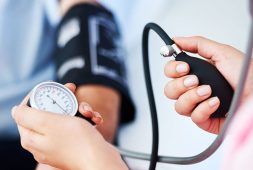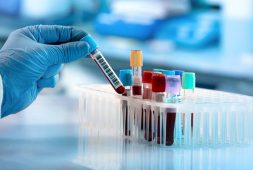
A groundbreaking drug, which has displayed some promising results in animal trials, could possibly pave the way for a revolutionary method to regenerate human teeth or at least restore tooth development in kids affected by congenital anodontia.
Congenital anodontia is a rare disease where a person’s complete set of teeth fail to develop. With this remarkable drug discovery, it stems from the identification of a gene-protein interaction in mice, which led to the development of few teeth. An antibody-based medication that effectively inhibited the protein’s functionality demonstrated the ability to induce tooth growth in both mice and ferrets born with improper tooth formation.
The mastermind behind this breakthrough is Katsu Takahashi, whose educational journey took him from advanced dentistry studies at Kyoto University to further research endeavors in the United States.
Mr. Takahashi said, “The idea of growing new teeth is every dentist’s dream. I’ve been working on this since I was a graduate student. I was confident I’d be able to make it happen.”
Anodontia, which as explained earlier is a condition that impedes the development of teeth, is present in around 1% of the population. And around 10% of those patients have oligodontia, where they lack around 6 or more natural teeth.
Upon Takahashi’s return to Japan, in around 2005, literature was being published that focused on particular genes in mice that when deleted, caused them to grow either fewer or more teeth.

Delving into this aspect, Takahashi discovered that a particular gene produced a protein known as USAG-1. Intriguingly, when he targeted this protein with a neutralizing antibody, the affected mice exhibited normal tooth growth.
“Ferrets are diphyodont animals with similar dental patterns to humans. Our next plan is to test the antibodies on other animals such as pigs and dogs,” Takahashi told Kyoto University press.
These pivotal findings were published in 2021, and now it has set Takahashi on a course to prepare the drug for human use. Unlike many other species on Earth, our species lacks the ability to continually regenerate teeth.
The fact that there is potential for a third set of teeth to grow after the loss of adult teeth holds an amazing promise of a groundbreaking transformation in the field of dentistry.



